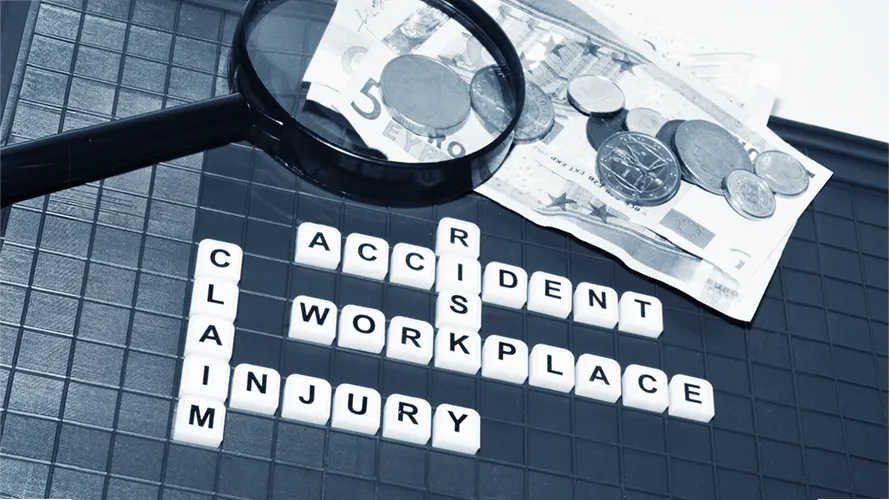Georgia’s Workers’ Compensation Board: What You Need to Know
Overview of the Georgia State Board of Workers’ Compensation
The Georgia State Board of Workers’ Compensation plays a vital role in the administration and resolution of workers’ compensation claims within the state. Established with the purpose of ensuring fair and just outcomes for employees injured on the job, the Board operates as an independent agency.
Functions of the Georgia State Board of Workers’ Compensation
At the heart of its responsibilities, the Board oversees claims administration and benefit disbursement, ensuring that injured workers receive appropriate compensation for their work-related injuries. The Board maintains a comprehensive system for registering and tracking claims, making determinations on compensability, and overseeing the payment of benefits to eligible individuals.
Dispute Resolution Process
In cases where disputes arise between injured workers and their employers or insurance carriers, the Board provides a structured dispute resolution process. Mediation, a crucial step in the process, involves the assistance of a neutral third-party mediator who helps facilitate settlement negotiations between the parties. If mediation fails to resolve the dispute, the case proceeds to an Administrative Law Judge (ALJ) hearing.
ALJ hearings follow specific procedures and adhere to established rules of evidence. After hearing all relevant evidence and witness testimonies, the ALJ renders a decision on the case. While the ALJ’s decision is binding, either party has the right to appeal the decision to the Appellate Division of the Board.
Maximum Medical Improvement and Impairment Ratings
When an injured worker reaches Maximum Medical Improvement (MMI), it means that the worker’s condition has stabilized and further significant improvement is unlikely. At this stage, an impairment rating evaluation is conducted to determine the level of permanent impairment suffered by the worker. This rating plays a crucial role in calculating benefits for permanent partial disability.
Vocational Rehabilitation Services
Georgia’s workers’ compensation system also provides vocational rehabilitation services to injured workers who require assistance in returning to the workforce. Upon eligibility, a vocational expert or counselor assesses the worker’s abilities, limitations, and potential for reemployment. Based on the assessment, a rehabilitation plan is developed to aid the worker in acquiring new skills or finding suitable employment.
Reopening a Workers’ Compensation Claim
In specific situations, injured workers may be eligible to reopen their workers’ compensation claims. Grounds for reopening a claim may include the discovery of new evidence, a significant worsening of the worker’s condition, or the failure to receive proper compensation initially. The process for reopening a claim involves filing a request to reopen, providing supporting documentation, and participating in ALJ hearings if necessary.
Employer Compliance and Penalties
Georgia law places various responsibilities on employers to ensure compliance with workers’ compensation requirements. Employers must provide workers’ compensation coverage for their employees, report work-related injuries and accidents to the Board, and maintain accurate records and documentation. Failure to comply with these obligations can result in fines and penalties, including the potential for criminal charges in cases of intentional misconduct or retaliation against injured workers.
The Georgia State Board of Workers’ Compensation stands as an essential entity safeguarding the rights and interests of workers in the state. By administering claims and resolving disputes, the Board plays a crucial role in upholding the principles of fairness and justice within the workers’ compensation system. Understandably, a comprehensive understanding of the Board’s functions and processes equips injured workers and employers with the knowledge needed to navigate the system effectively and attain just outcomes.

Leave a Reply
Want to join the discussion?Feel free to contribute!